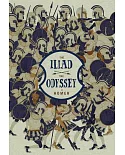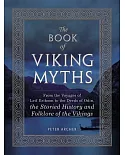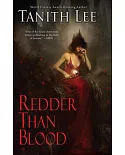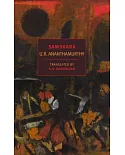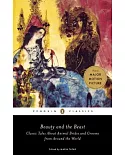The legend of Mulan-the daughter who disguises herself as a man, dons her father's armor, and heads off to war in his place-remains on of the most popular Chinese folktales despite (or because
of) its lack of supernatural demonstrations or interventions.
This volume offers lively translations of the earliest recorded version of the legend and several later iterations of the tale (including the screenplay of the hugely successful 1939 Chinese
film Mulan Joins the Army), illustrating the many ways that reinterpretations of this basic story reflect centuries of changes in Chinese cultural, political, and sexual attitudes.
An Introduction traces the evolution of the Mulan legend and its significance in the history of Chinese popular culture. Annotations explaining terms and references unfamiliar to Western
readers, a glossary, and a comprehensive bibliography further enhance the value of this volume for both scholars and students.
"Idema's scholarship...[and his] ability to translate popular texts into comparably idiomatic English are outstanding achievements."-Hugh R. Clark, Urinus College
Shiamin Kwa received her Ph.D. in East Asian Languages and Civilizations at Harvard University.
Wilt L. Idema is Professor of Chinese Literature, Harvard University.


